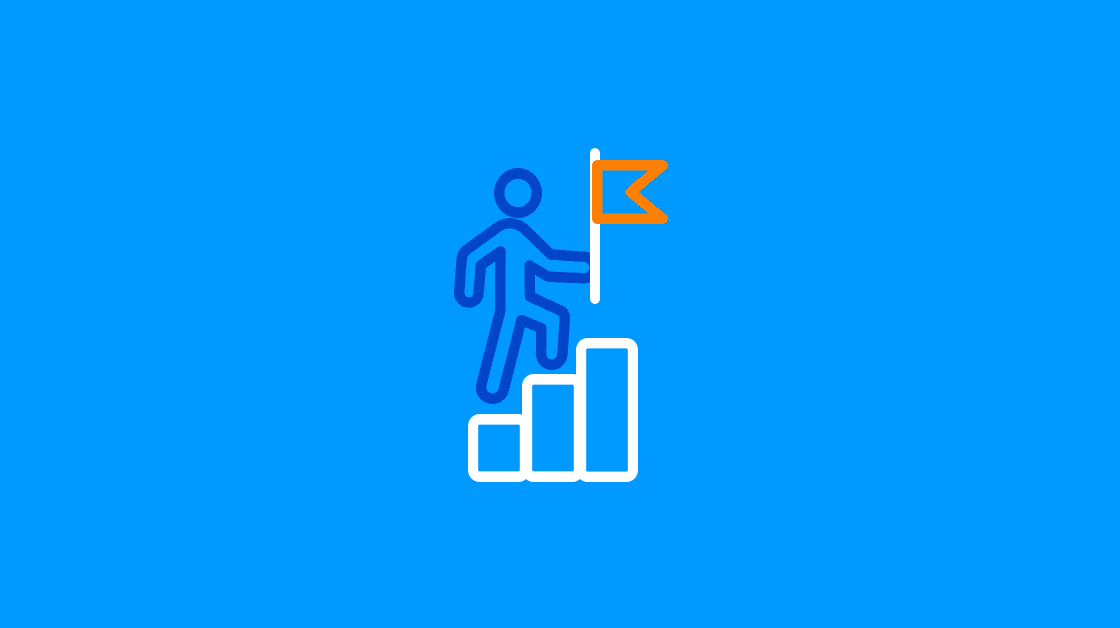
2020 was a long year for Baby Boomers and other older generations.
Not only did Gen Z and Millennials coin the phrase “OK, boomer” across social media platforms, but older generations also experienced one of the largest upheavals that current generations have ever witnessed.
A typical workday for a Boomer includes an early wakeup, a cup of coffee, 8 to 9 hours at the office and getting stuck in rush hour traffic on their way home — only to spend a few hours with their family before doing it all over again.
Fast forward to 2021 and this entire routine has completely changed, as workers now work remotely to prevent the spread of Covid-19. Many, specifically younger generations such as Millennials and Gen Zers, have adopted flexible careers by becoming independent workers that serve in multiple roles for a few companies at once. For mature generations, the thought of working for any more than one company is a shock and can even feel like disloyalty in a sense. However, younger generations are quickly showing older employees how a flexible career is much more beneficial, and older generations have something to offer them in return.
Boomers and younger generations can exchange mentorship.
Although there seems to be too much to learn for mature generations when entering the new normal, the same can be said for younger ones. Millennials and Gen Z have adapted quickly to technology, as they’ve lived in a digital world most of their lives. However, with this comes a lack of understanding surrounding the leadership and problem-solving skills that Baby Boomers and Gen Xers entering the freelance workforce have much experience with.
It’s predicted that by 2025, 75% of the workforce will consist of Millennial workers — most of whom need to learn valuable skills not taught in the typical entry-level job.
This is where Boomers and Gen Xers come in.
Although we often say the “traditional ways” of doing things are no longer relevant, they have learned many valuable lessons that younger generations can benefit from. Boomer and Generation X folks did not grow up with the internet as a ready source of information at their fingertips and had to learn how to be resourceful in teaching themselves skills or finding the answers to questions. Resourcefulness and problem solving are incredibly valuable skills that many young people have yet to learn and these skills are especially valuable to know in a freelance career.
As valuable as certain traits and skills can be, there is also much value in knowing when to slow down. Millennials and Gen Zers have grown up in an environment where mental health and well-being are of higher priority than ever before. With 79% of workers report feeling work-related stress, it’s incredibly crucial that all workers, especially those mature generations who tend to be unfamiliar with these conversations, understand how to care for themselves in terms of work.
Millennials and Gen Zers can encourage these conversations and demonstrate how to set valuable boundaries at work and ensure their mature counterparts feel supported in coping with mental health struggles in the workplace.
How to remove the ‘intimidation factor’ of freelancing.
With this new way of working quickly becoming normalized, Boomer and Gen X workers are beginning to reevaluate their current careers: Even in 2019, before the global pandemic, a study revealed Boomers made up 26% of the freelance workforce. This number is expected to continue to increase, but not without hiccups. Digital transformation, automation and younger generations entering the workforce are all obstacles many older workers are worried about overcoming on their own.
There is a clear intimidation factor to entering the freelance workforce, specifically concerning many traditional values that Gen Xers and Baby Boomers have held. It’s well known that many freelancers typically work for a few companies at a time. For generations that have always watched their grandparents, parents and peers approach to work — establishing sometimes decades-spanning careers at one company — this is a large shift. Working for a few different companies at the same time can seem to be akin to disloyalty.
Emerging technologies can also be overwhelming: A decade ago, apps such as Zoom and Slack were merely a futuristic thought, but today they power workplace communication. Looking past communication, technologies in other fields have advanced as well — marketing has become even more digitized than it was before due to the pandemic. Many of these technologies have evolved as needed over the past year, leaving older generations worried about entering a skills-based workforce. However, there may be more valuable lessons on the other side than previously thought.
How digital talent platforms can help.
It can often feel, for some in the Boomer and Generation X demographic, that entering the growing freelance workforce successfully is an almost impossible feat. Flexibility and the freedom to work on only what you want can be liberating, but it can also be an incredibly daunting challenge for mature workers who have never been given such a choice.
Traditionally, when one wants to start a freelance career, they’re on their own: constantly hunting for projects, chasing after customers and dealing with billing (not to mention struggling to be paid on time). Talent platforms do the heavy lifting for the freelancer: They find jobs and customers, vet them to ensure they’re legitimate and take care of the billing process so all the freelancer needs to focus on is their work.
Not only do these talent platforms assist professionals in finding work, but they also help to encourage intergenerational dialogue through working with customers and other fellow independent professionals of varying generations. Through these interactions, workers of every generation can exchange knowledge and learnings with both their younger and more mature counterparts.
The shift in the workforce toward freelancing has been a massive transition for all professionals, specifically the mature generations. Luckily, both younger and mature generations can lean on one another to learn how to navigate this new landscape successfully.
FlexTal is the #1 flexible talent matching platform. Every day, we match organizations with pro-level independent contractors for flexible hourly and project-based engagements. Match with the Right Pro, Right Now.



